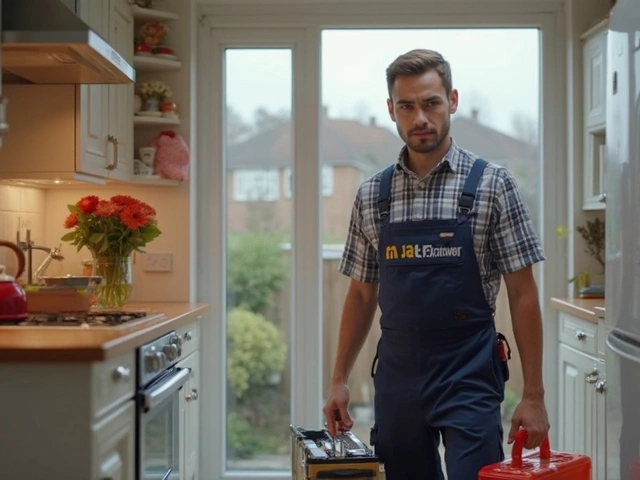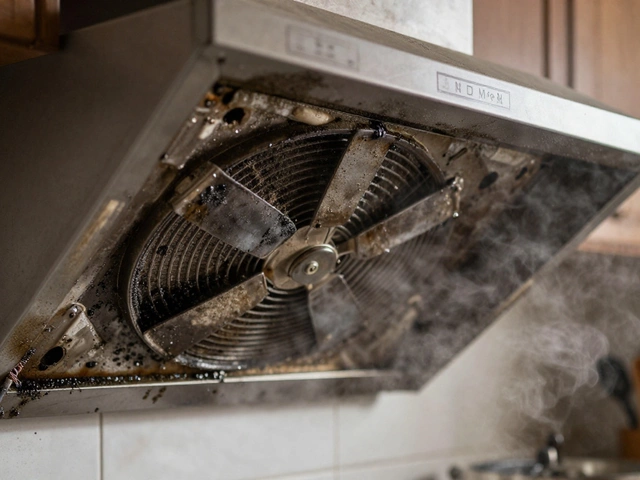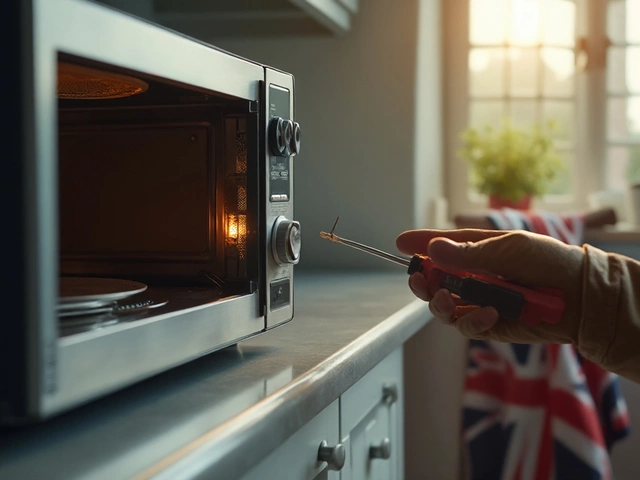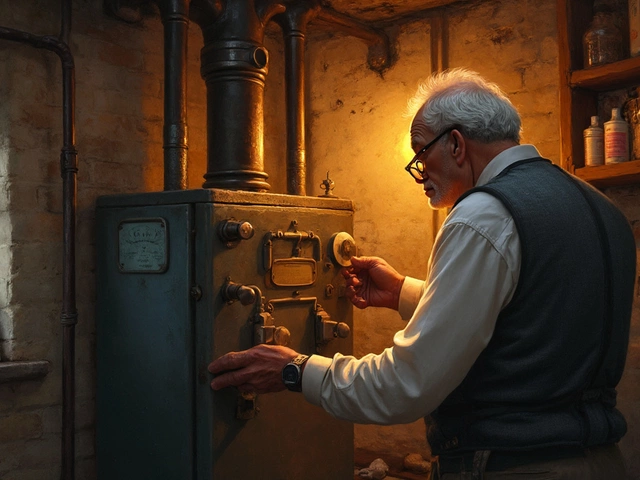When your boiler starts acting up, the first thing on your mind is usually “how long will this take?” The good news is many problems have easy clues and quick DIY checks. Below we break down the top boiler hiccups, what they look like, and when you should grab the phone for a qualified engineer.
If the radiators stay cold and the tap water is lukewarm, the boiler is either not firing or the water isn’t circulating. First, check the thermostat – is it set high enough? Next, look at the pressure gauge; most boilers need a pressure between 1 and 1.5 bar when cold. If the pressure is low, you can top it up using the filling loop (usually a flexible hose beneath the unit). Turn the boiler off, open the valve slowly, and watch the gauge climb. If pressure is fine but the boiler still won’t fire, a blocked condensate pipe or a faulty pump could be the culprit. Those parts need a professional’s eye.
Kettling, banging, or whistling sounds are more than just annoying; they signal underlying issues. Kettling happens when limescale builds up on the heat exchanger, causing water to boil in the metal. A quick fix is to run a descaling solution through the system, but a persistent kettling problem often means the heat exchanger needs replacement – a job for a trained engineer. Banging noises (also called “water hammer”) usually point to trapped air in the pipes or loose pipework. Bleeding the radiators can release the air, and tightening any loose brackets can stop the clatter.
Other common signs include a constantly flashing error code on the display, an orange or red LED light, or an unexpected shutdown. These warnings often come from the boiler’s safety sensors – like a faulty flame detector or a broken thermostat. While resetting the boiler can clear a temporary glitch, repeated error codes mean the sensor is likely failing and must be replaced.
Regular maintenance is the best defense against most of these problems. A yearly service from a Gas Safe registered engineer will clean the heat exchanger, check the pressure valve, test the safety controls, and make sure everything is sealed properly. The service usually costs between £80 and £120, but it saves you from emergency call‑outs that can run over £200.
When you’re unsure, the rule of thumb is simple: if the fix involves opening the boiler’s internal parts, working with gas, or handling electrical components, call a professional. Trying to tinker with gas connections or the main PCB can be dangerous and may void your warranty.
In a nutshell, keep an eye on pressure, listen for odd noises, and never ignore error codes. Simple checks like topping up pressure or bleeding radiators can get you back to comfort fast. For anything more complex, a qualified boiler engineer will diagnose and repair the issue safely, keeping your home warm without breaking the bank.

Struggling with a troublesome boiler? Discover the most frequent issues like lack of heat, strange noises, and leaking water. Learn practical tips and tricks on how to diagnose and fix these problems on your own. Recognize when it's time to call a professional and keep your home warm and comfortable.

Ever wondered who foots the bill for boiler service in your home? This article delves into the responsibilities of homeowners and landlords when it comes to boiler maintenance. It offers practical tips for navigating service agreements and highlights some surprising facts about cost-savings that effective maintenance can offer. Discover insights and advice on ensuring your boiler runs smoothly without burning a hole in your wallet.

Wondering what an appliance job really is? This article breaks down everything you need to know, from common types of jobs to what actually happens when a technician shows up at your door. You'll learn when to call for help, what to expect during a service visit, and how to get the best results for your money. Get practical tips before you book, so there are zero surprises. Whether it’s your fridge, washer, or oven acting up, this guide has your back.

Kitchen extractor fans typically last 10-15 years, but grease buildup and lack of cleaning can cut that in half. Learn the signs it's time to replace yours and how to choose a better model.

Learn fast how to spot a blown microwave fuse, test it safely, and replace it yourself. Step‑by‑step instructions, tools needed, and common pitfalls covered.

Boiler lifespan can vary greatly depending on usage, maintenance, and type. On average, boilers last anywhere from 10 to 15 years. Regular maintenance is key to prolonging the life of your boiler and ensuring it functions efficiently. In this article, discover how to keep your boiler in top shape and when it might be time to replace it.